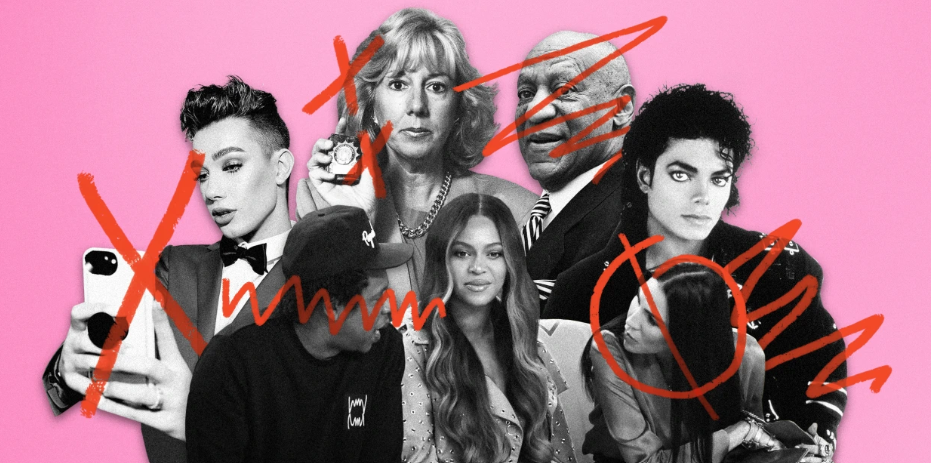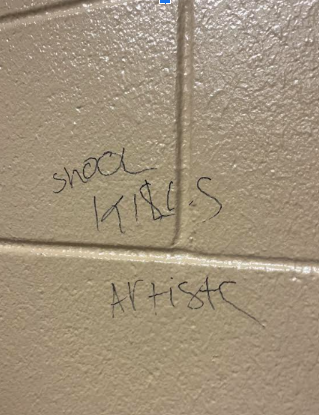It’s been a long day and you need some time to wind down, so you decide to sit down and scroll through social media, suddenly you’re down the rabbit hole of figuring out the lore of the most recently canceled influencer.
The use of the word “cancel” started earlier than you may think. According to the Pew Research Center, in 1980 a song used the word “cancel” to refer to a breakup. But “canceling” is interpreted a little differently today. In present-day context, it’s used when someone is deemed to have done something wrong leading to boycotting of their content.
The controversy around “cancel culture” has been repeatedly mentioned in the media and in everyday conversation, but does “canceling” someone truly make a difference? Cancellation has held public figures accountable for major transgressions, but also silenced people for minuscule and often unreasonable reasons.
Because it’s become so prevalent, cancel culture is often used as an excuse for many to bully others and project their insecurities. For example, people of different body types post innocent content, only to later get bashed and threatened with cancellation for either “promoting obesity” or “promoting disordered eating.” It also prevents people from speaking up on certain topics because they fear the consequences they may face if someone deems them “cancelled” because of their views. Alongside this, it destroys the mental health of victims.
An example of these consequences would be the late K-pop singer, Sulli, from the girl group f(x), and her career end. There was a lot of outrage surrounding her because she challenged the social norms in South Korea, which eventually led to her ending her own life. She was interviewed in a documentary, “Persona: Sulli,” shortly before she took her own life, where she discussed the backlash she was receiving for merely existing. She talked about her exhaustion following the backlash she received and how she “felt alone.”
On the positive side of cancel culture, it’s helped hold many influencers and celebrities accountable for their actions. The #MeToo movement, a movement that helped sexual assault survivors speak up and hold their abusers accountable, played a hand in justice for people who were silenced and afraid to speak up about the unthinkable acts done to them.
Cancel culture also prevents people of power from abusing that power in an effort to hide their wrongdoings. An example of an influential person being canceled is social media influencer, Sienna Mae. She was surrounded by many controversies, but the one that led to the demise of her career was a video of her sleeping boyfriend being touched inappropriately by Mae. Her critics called for boycott of her content. This led to her downfall, forcing her to lose her popularity on social media and ensuring that she, someone who was accused of sexual assault, didn’t have a platform.
So, should cancel culture be canceled? Maybe. Canceling someone shouldn’t be done for tiny, unimportant reasons due to lack of understanding, but instead should be used to make sure people are held accountable for their wrongdoings. Canceling someone shouldn’t be taken to its very extreme by harassing or treating the “cancelled” person inhumanely. Treat them accordingly by “punishing” them in reasonable means that correlate with their actions. However, in the end, the internet is ever-changing. Who knows? Cancel culture may just be another trend that ends up forgotten.







